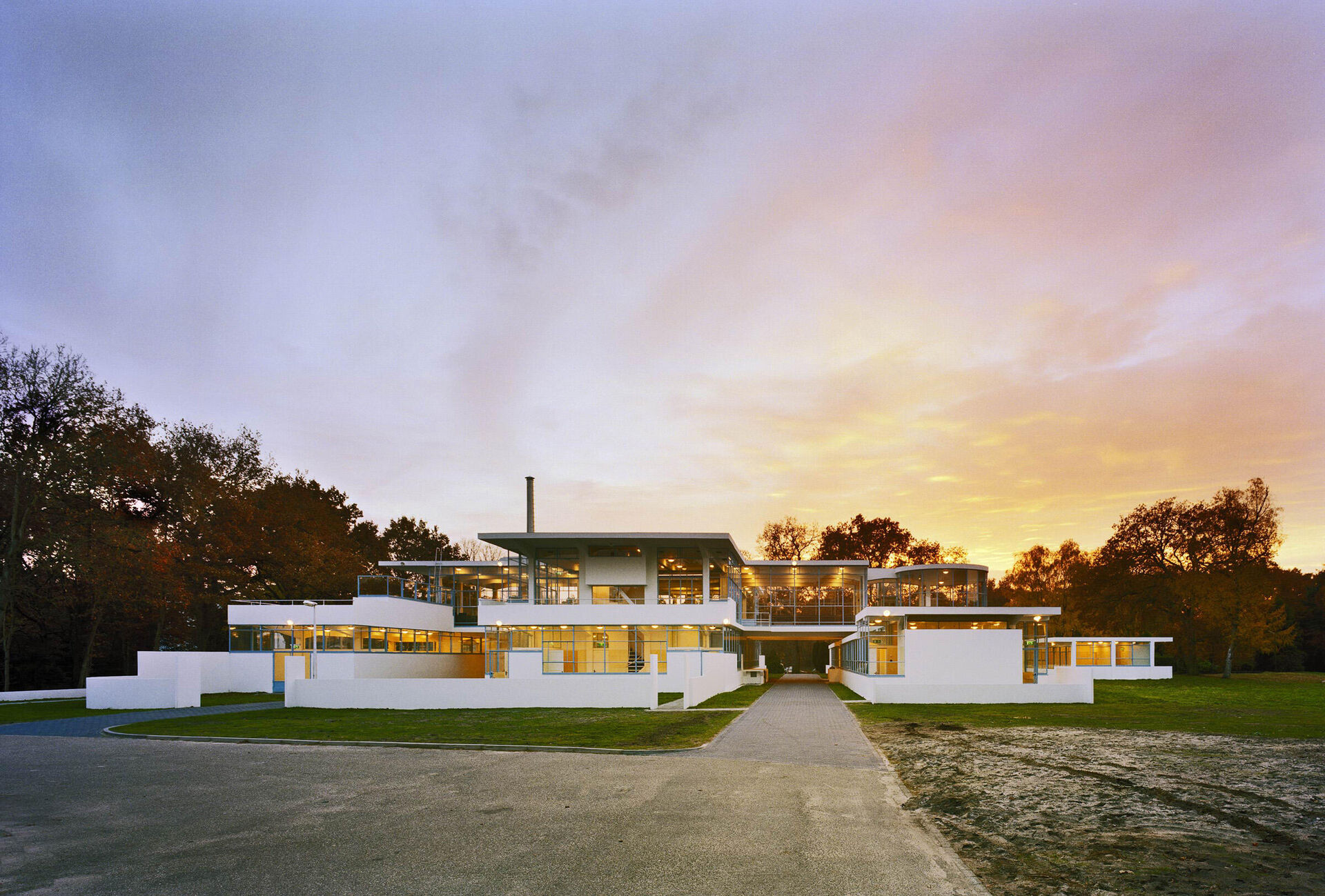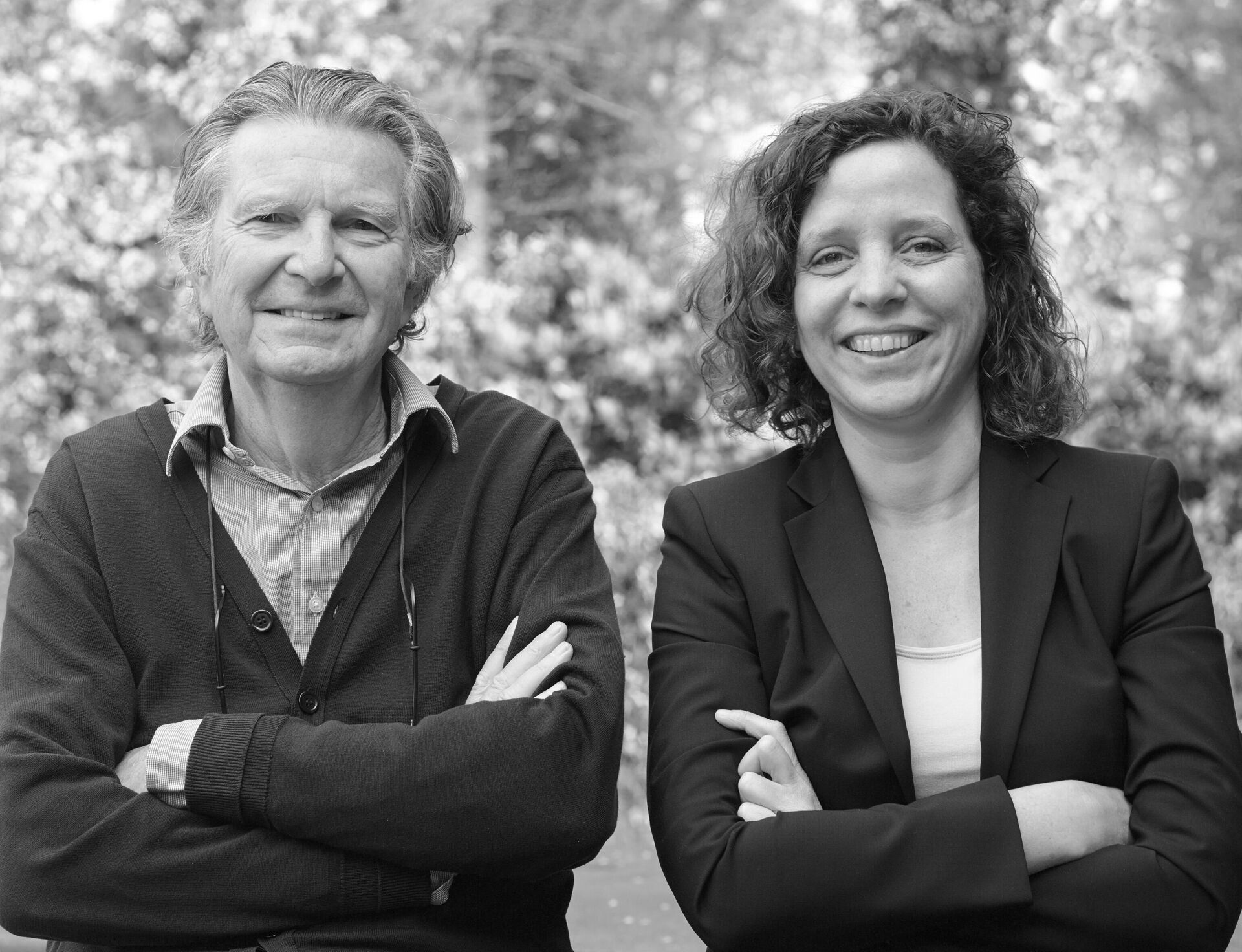In 2005, Janneke Bierman and Sjoekie de Bijll Nachenius took over the agency from Hubert-Jan Henket, the agency's founder. Yvonne Segers has been a partner since 2012 and Joep van As has been an associate partner since 2019. Since January 2024, the agency has been led by Janneke Bierman, Yvonne Segers and Joep van As. Sander de Bruin and Wouter Habets are part of the management team.
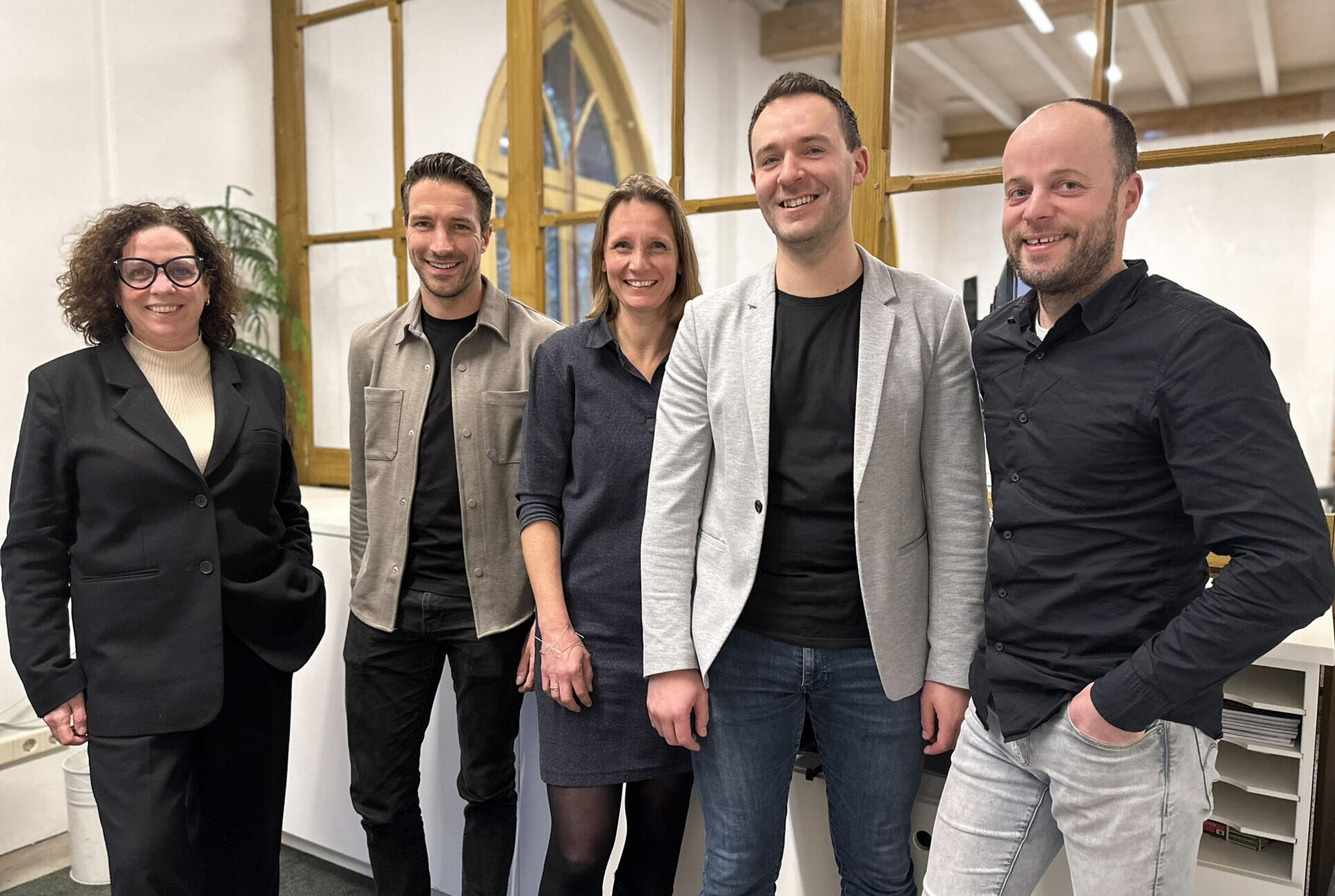
In 1976, Hubert-Jan Henket set up his own architectural firm with the name Hubert-Jan Henket Architects BNA. Together with a large number of talented architects and technical designers, the firm has built up a rich oeuvre in the past 40+ years. One of the first projects to be realised was the Barth Lijstenfabriek in Boxtel (1978-1979). The extension to the Museum Boijmans Van Beuningen between 1988 and 1991 proved the breakthrough project for the firm. The transparent pavilion is a contemporary extension to the brick main building by architect Van der Steur (1935). Because of the south-facing position of the building, a four-metre-wide overhang was constructed. Attention to sustainability and carefully masterminded technology has been an important characteristic of the firm’s work from the very start. The Winter Garden of the Hortus Botanicus in Leiden (1998-2000) is an example of sober but beautiful detailing.
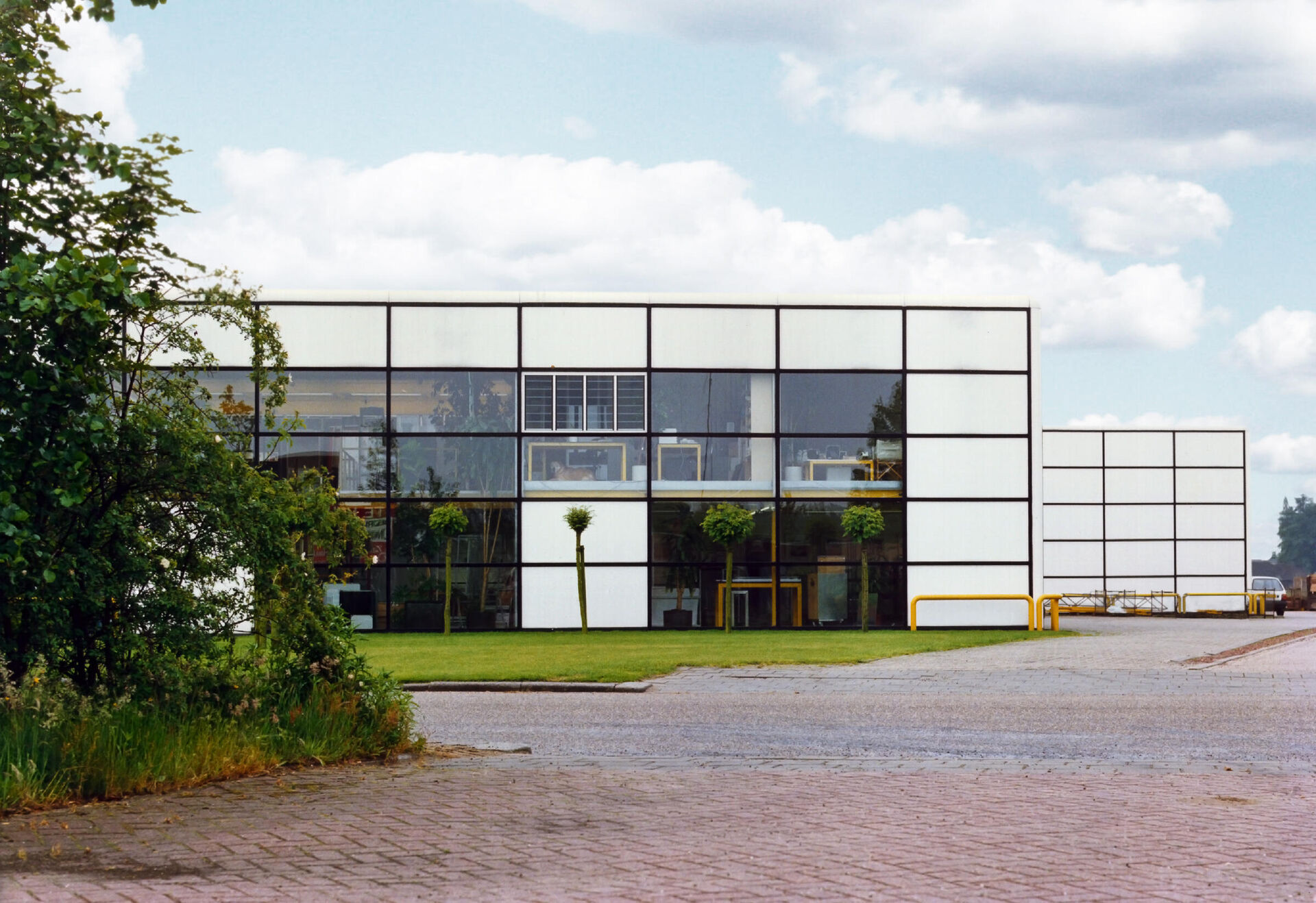
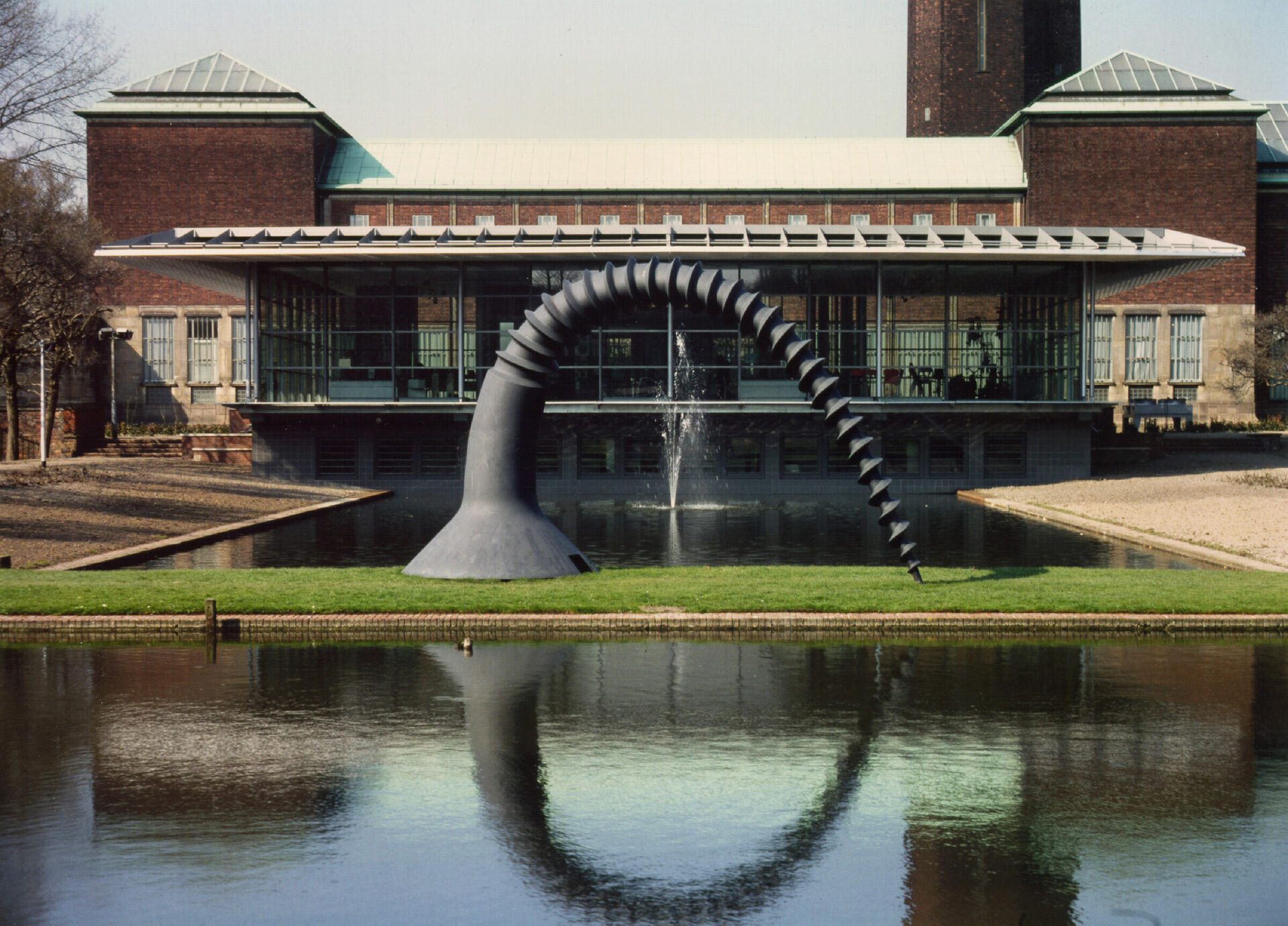
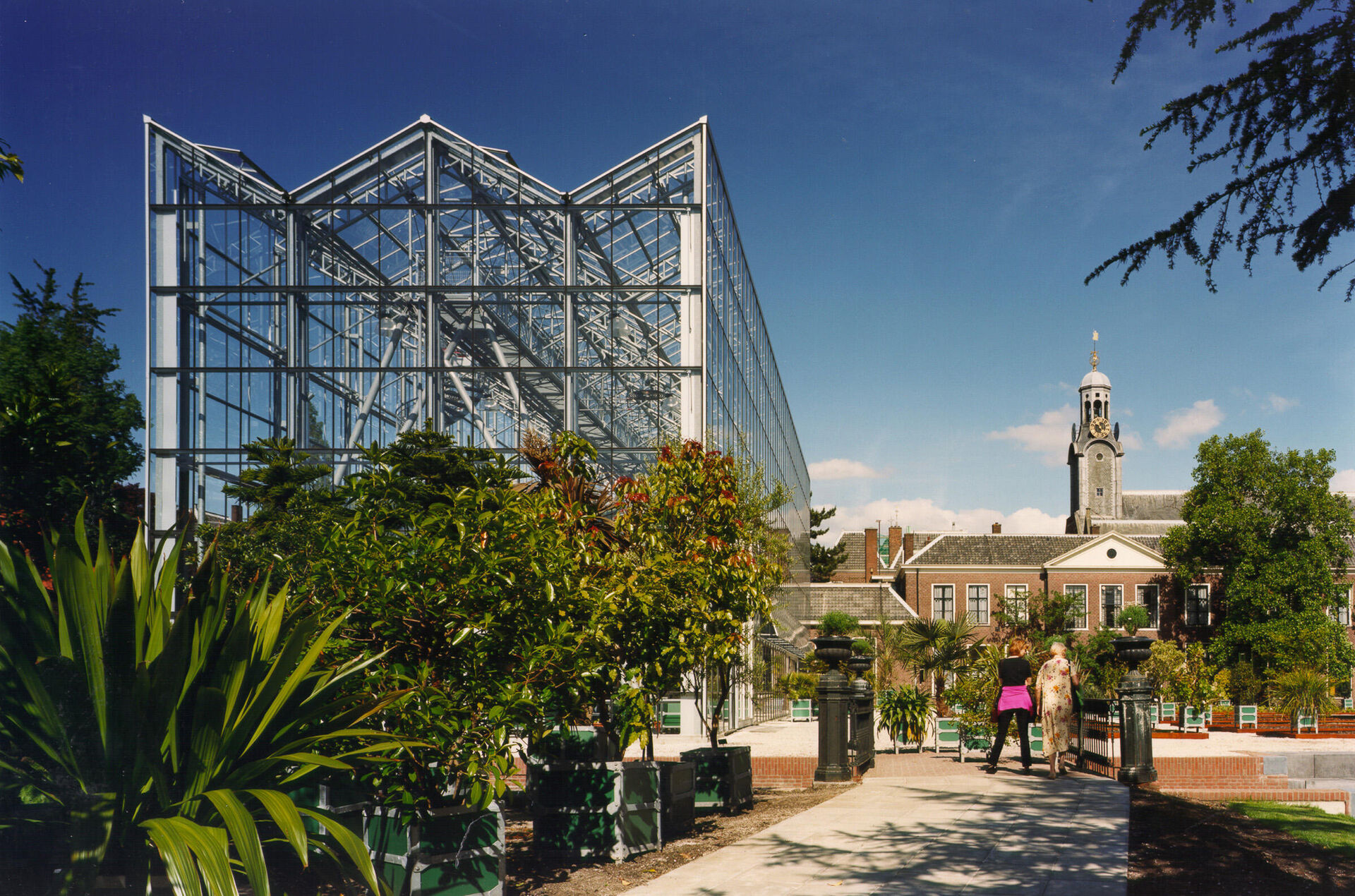
The firm has designed many museums. The Singer Museum in Laren was renovated in 1994, whilst the oldest museum in the Netherlands, the Teylers Museum in Haarlem, was extended with a new wing in 1994 and a museum shop in 2002. The Religious Museum Catharijneconvent in Utrecht city centre was renovated in several stages between 1996 and 2006. The contrast between the centuries-old monastery architecture and the contemporary additions is clearly visible in this project. Later projects include the Museum Quarter in Den Bosch, Museum de Fundatie in Zwolle and the Fries Museum in Leeuwarden (2013). The Anne Frank House was renovated in 2018.
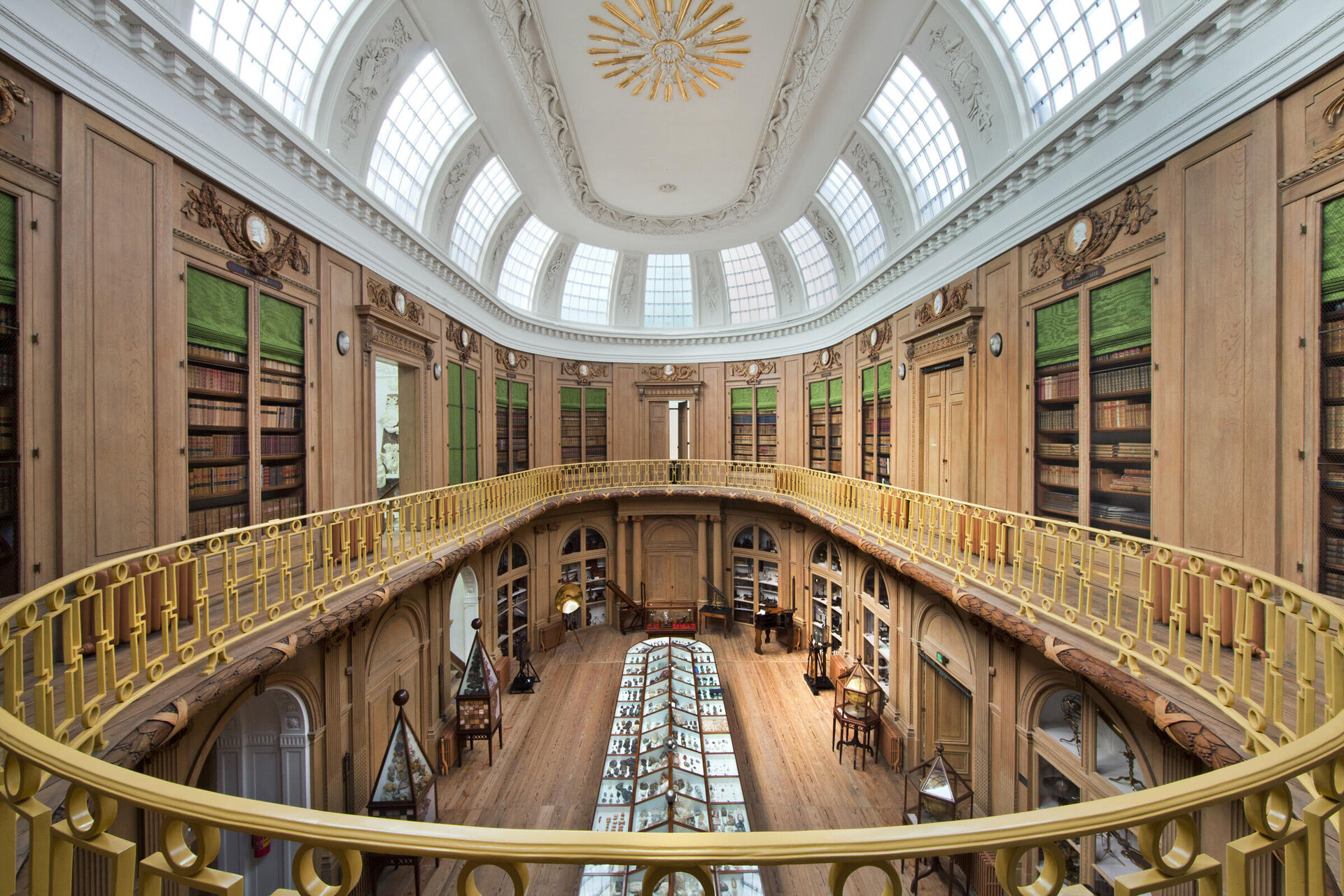
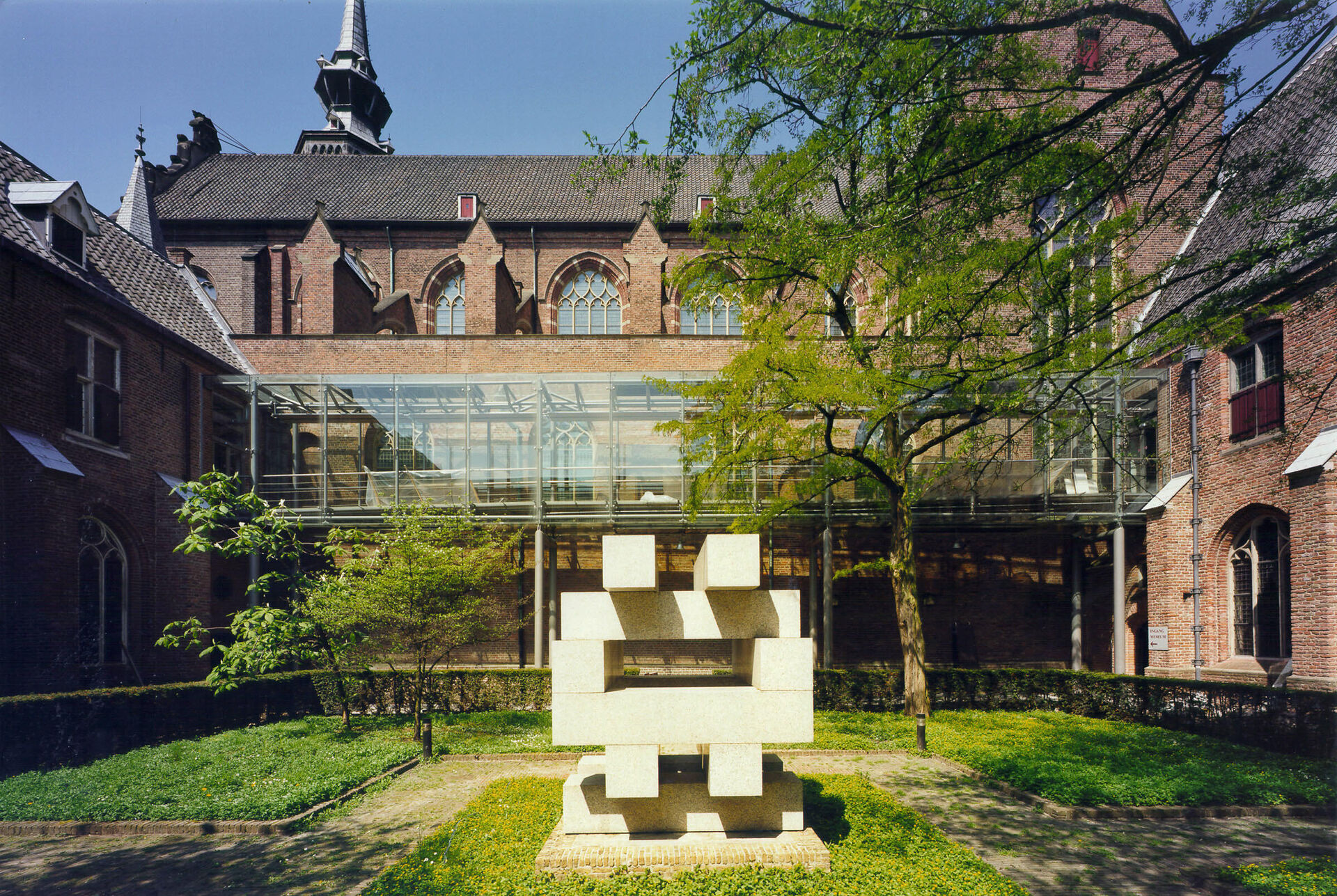
‘The firm has designed and still designs many museums - from the extension to Museum Boijmans Van Beuningen (1988-1991) to the Museum Quarter in ’s-Hertogenbosch (2005-2013), the Anne Frank House (2018) and Museum van Bommel van Dam in Venlo (currently).’
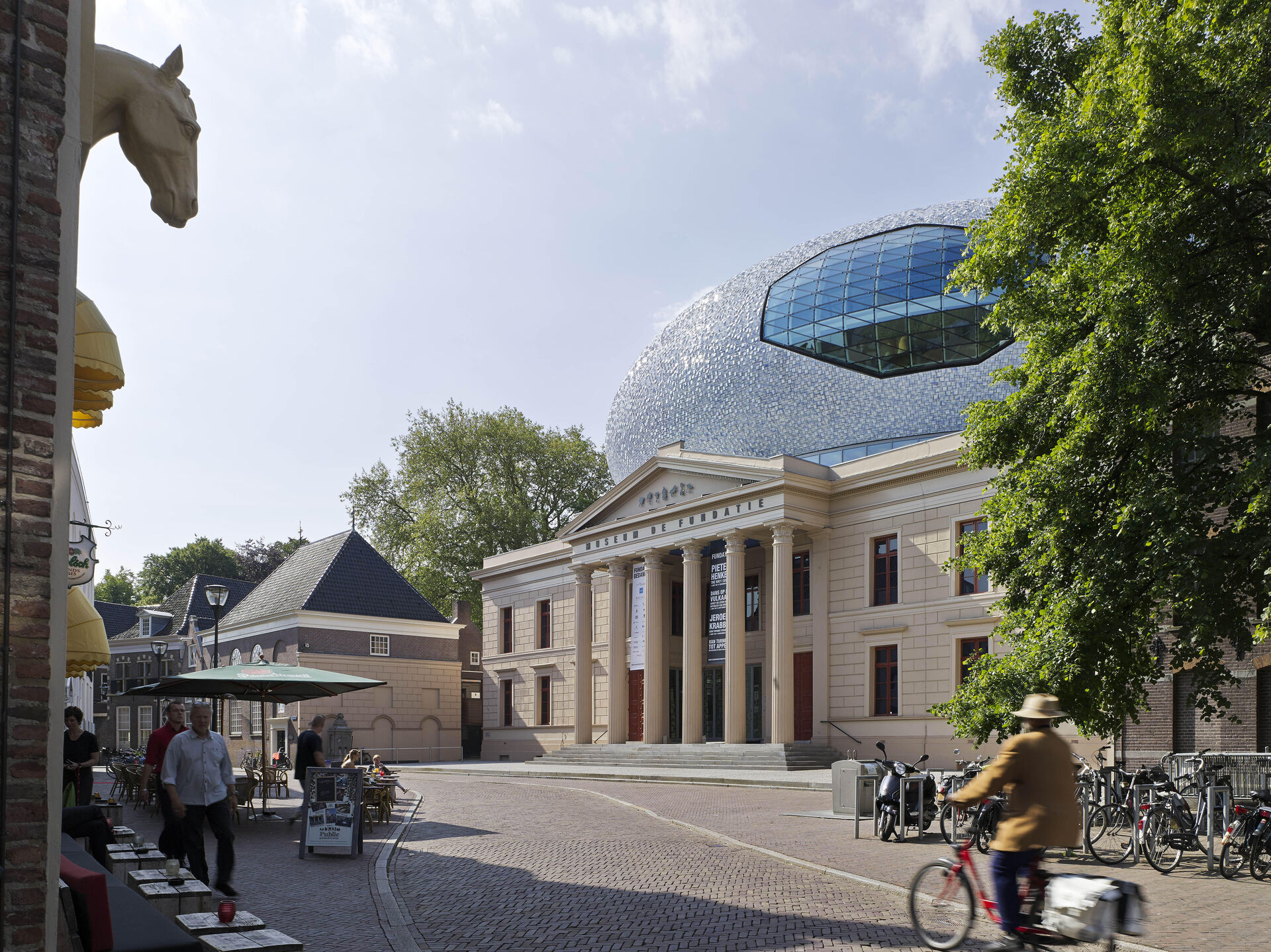
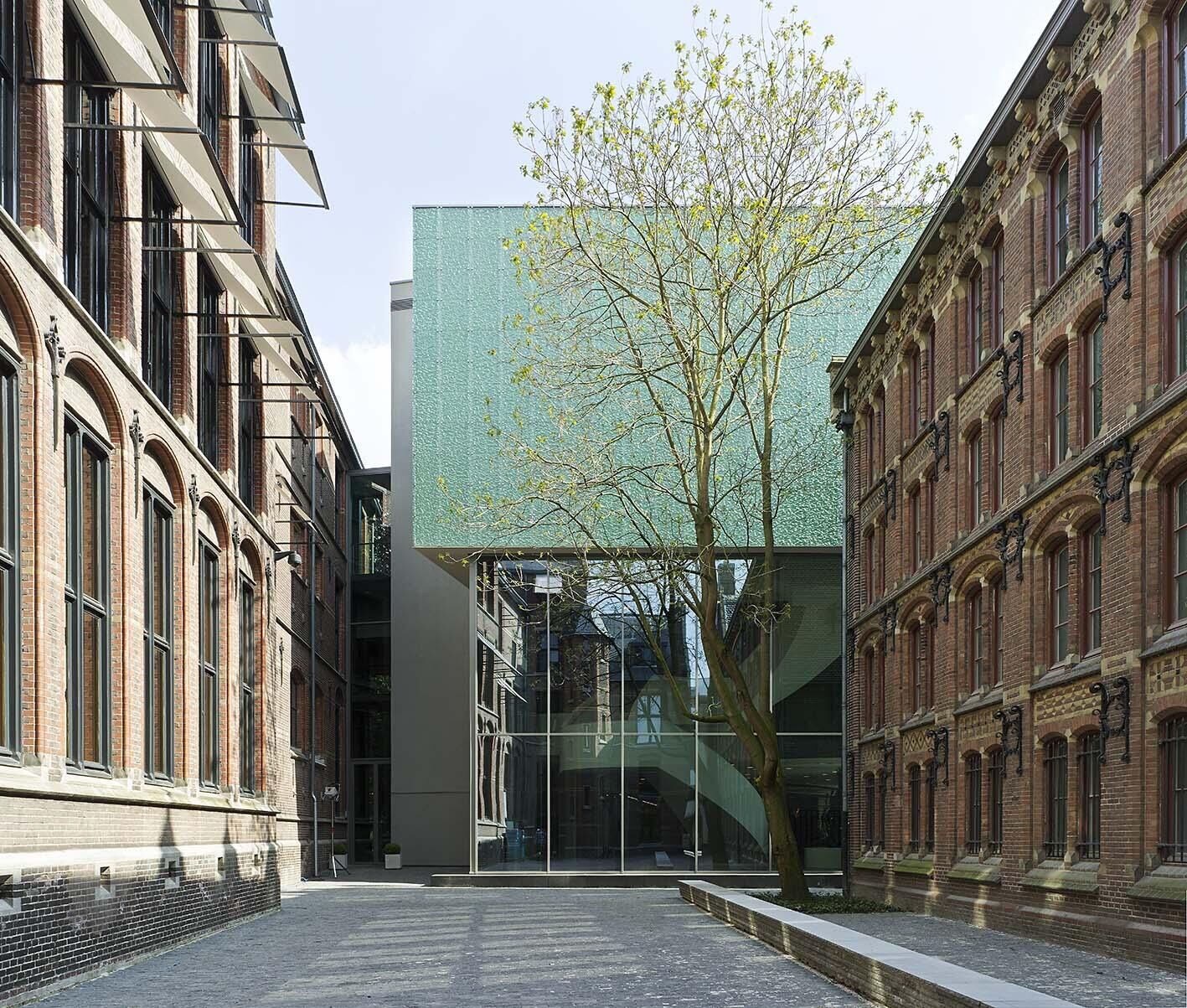
The firm has also built up huge expertise in restoring and renovating modern heritage. The University of the Arts in Arnhem by Gerrit Rietveld for instance, dating from 1958, was completely renovated between 1995 and 1997 and was later extended with an underground wing for the Dance and Theatre Faculty (1999-2004).
Hubert-Jan Henket and Wessel de Jonge successfully completed the restoration of Sanatorium Zonnestraal by architect Duiker in Hilversum. The restoration of the main building was completed in 2003, whilst the Dresselhuys Pavilion building shell was restored in 2008.
BiermanHenket are also regarded as experts on the work of architect and builder Wiebenga (1886-1974) - the former Sophia Hospital in Zwolle was converted into the University of the Arts between 1999 and 2006, and a factory building of the former Sphinx factory in Maastricht was converted into a museum, offices and restoration workshop between 2000 and 2006. In Zwolle, the lido by Wiebenga was restored between 2009 and 2012. In Groningen the former technical school by Wiebenga was renovated and extended to become the Hanze University of Applied Sciences (2018).
‘The firm has built up huge expertise in restoring and renovating modern heritage, specialising particularly in the work of architect and builder Wiebenga.’
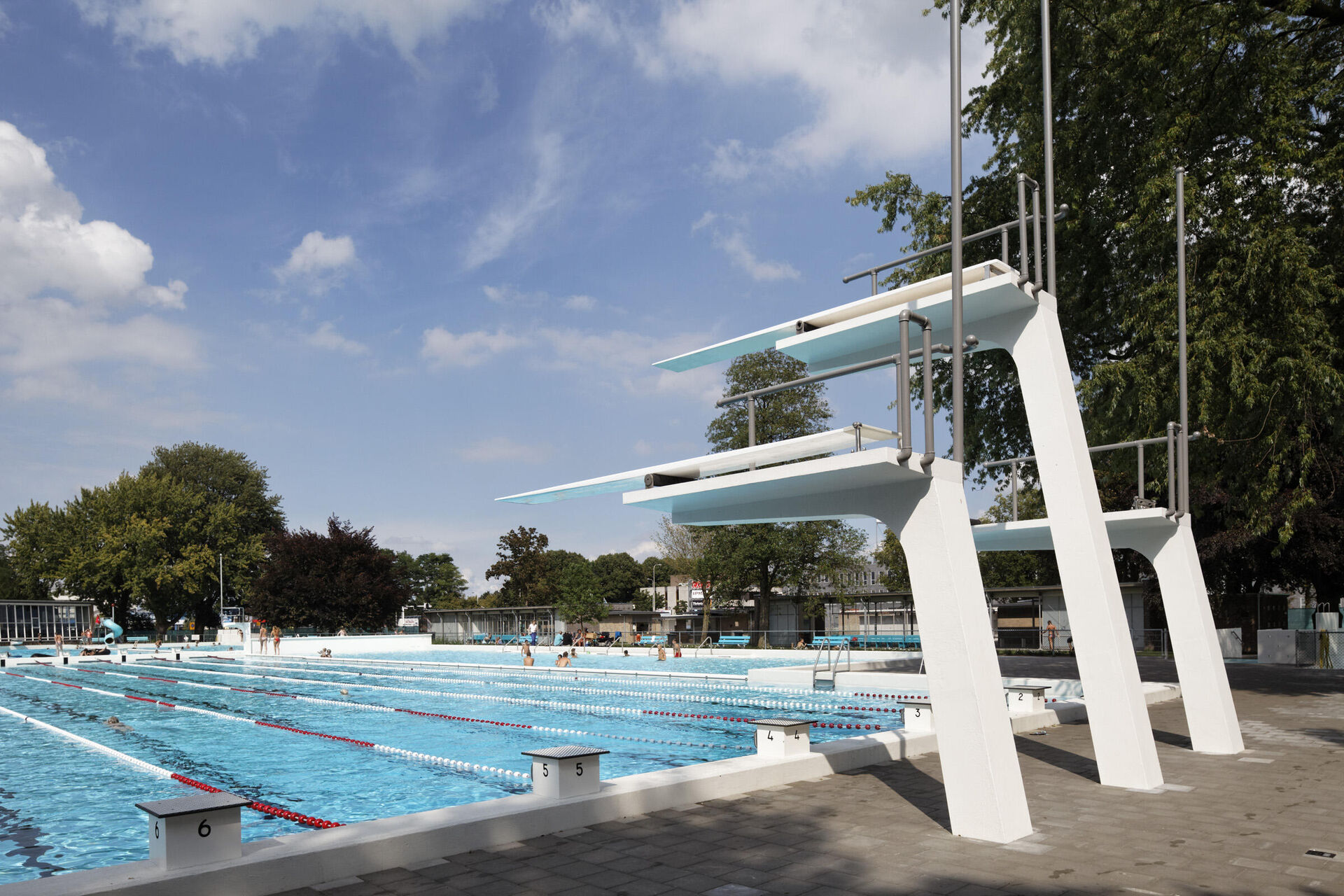
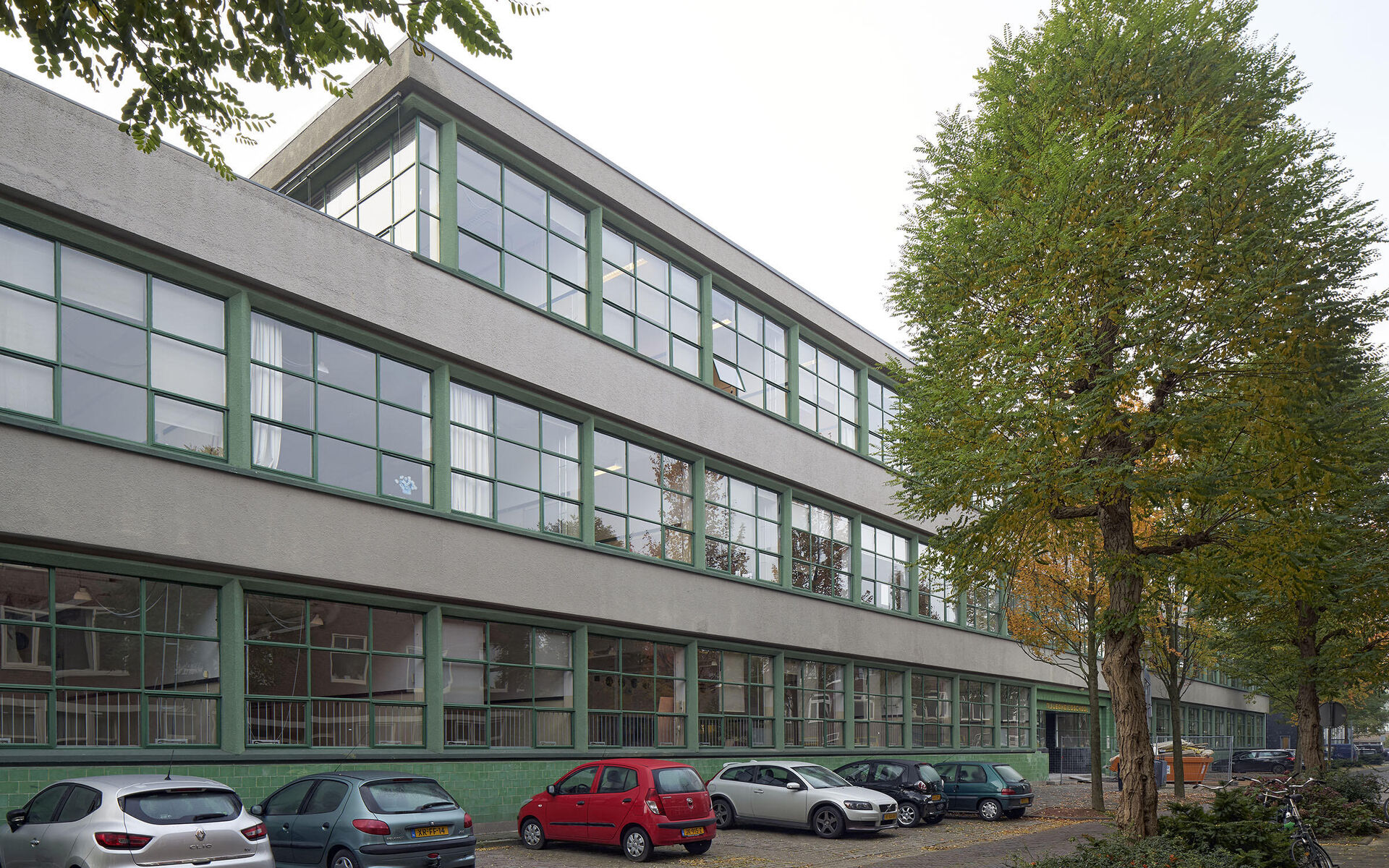
BiermanHenket is specialised in renovating and transforming existing buildings and incorporating a contemporary programme into a historic urban context. The court buildings of Haarlem (2005), the Museum Quarter in ’s-Hertogenbosch (2005 - 2013), the new library in Deventer (2018) and the Move building in Amsterdam (2019) are all excellent examples. The expertise and experience of the firm is not limited to the Netherlands, as is shown by the newbuild of the chancellery and renovation of the residence of the Dutch Ambassador in Bangkok, Thailand (2007).
In recent years enhancing the sustainability of existing buildings has become an increasingly important part of the firm’s activities. The knowledge and skills developed by the firm in over 40 years continue to grow and are put to work increasingly broadly.
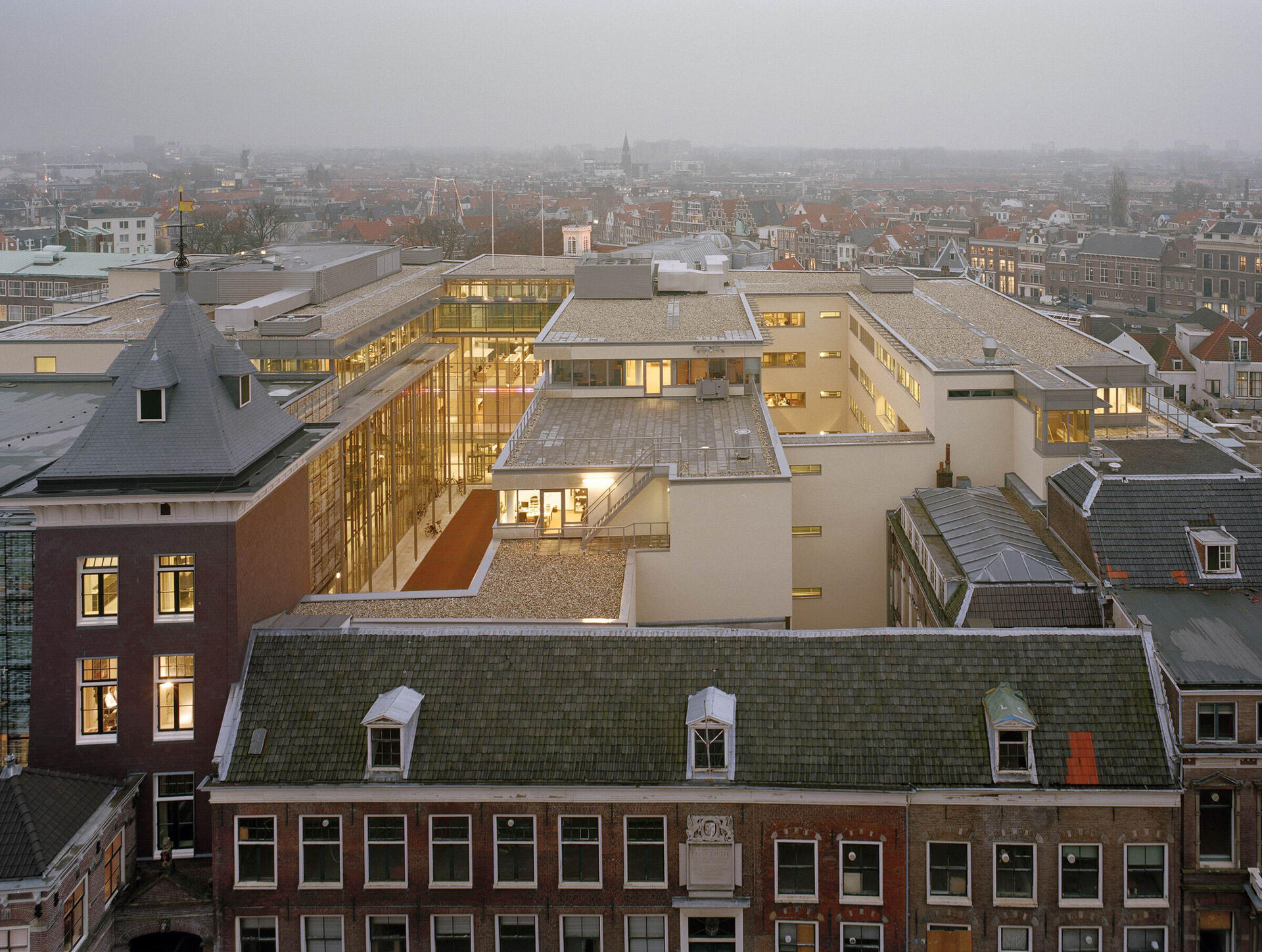
‘Enhancing the sustainability of existing buildings has become an increasingly important part of the firm’s activities.’
